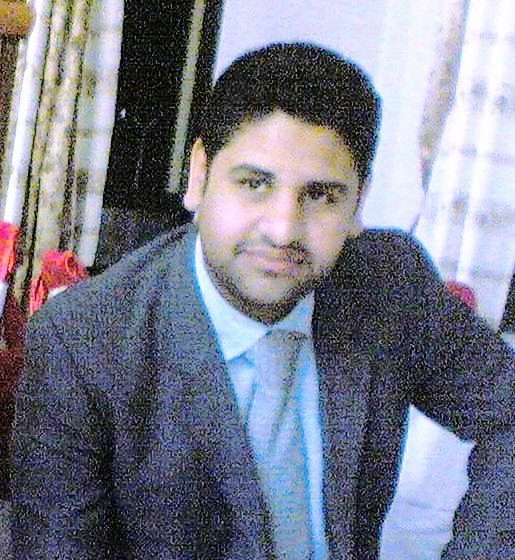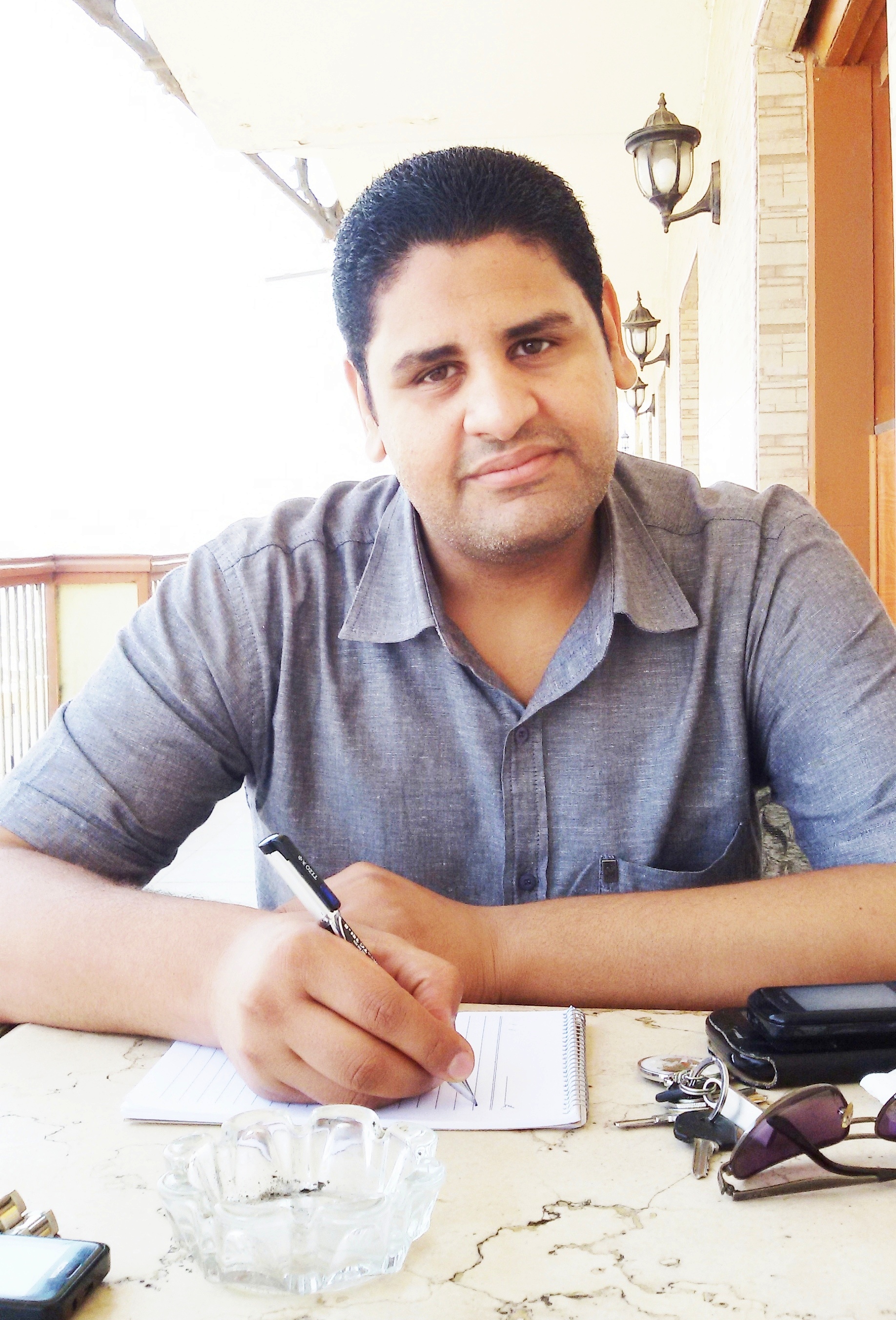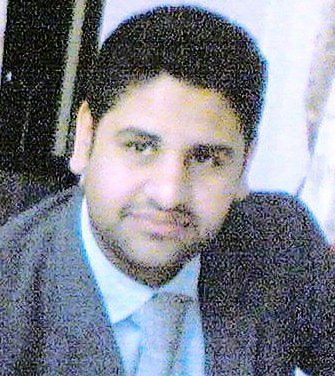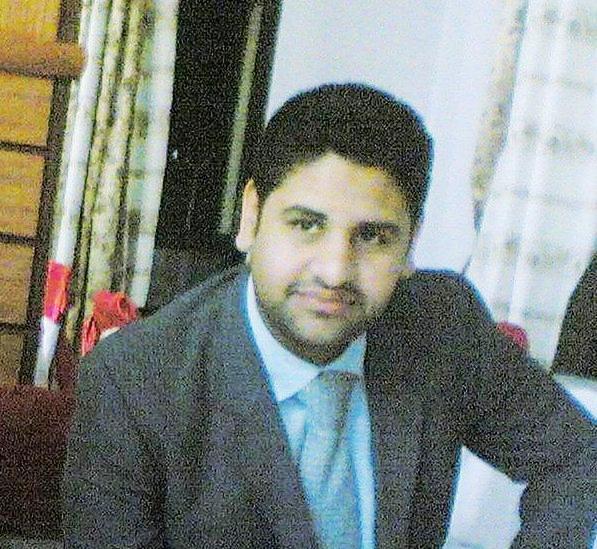Nuclear Diplomacy
By Political consultant
HUSSEIN KHALAF MOUSSA
Translated by: Mohamed Thabet
ــــــــــــــــــــــــــــــــــــــــــــــــــــــــــــــــــــــــــــــــــــــ
Appearance of Nuclear Weapons in the international arena:
Nuclear Weapons appeared in the international arena during the Second World War, when Enrico Fermi succeeded in 1942 in experiments that turned the atom into a destructive force, then began the Manhattan project to make a nuclear bomb. The first American nuclear explosion was carried out on 16 July 1945, followed by the first nuclear bomb dropped on the cities of Hiroshima and Nagasaki on 6 August 1945. While the conflict between the United States and Russia was large, Russia made its first nuclear bomb in 1949.
Truman approved the first test of the hydrogen bomb, which was produced in 1952, then produced by Russia in 1953. In the field of arms race, the trans-continental missile with a nuclear head appeared as Russian production in 1957. On the other hand, the United States manufactured aircraft capable of transporting nuclear weapons to Soviet territory.
Britain joined the Nuclear Club in 1952, France in 1960, China in 1964, India in 1974, Pakistan, Brazil, Israel and South Africa.
What is Nuclear Diplomacy?:
That is the efforts of the international community, through the United Nations and the International Atomic Energy Agency (IAEA) to prevent the proliferation of nuclear weapons, at the horizontal and vertical level in all areas and countries of the world, taking into account how to reconcile the right of states to the peaceful use of nuclear energy and not to use it for military purpose, by putting nuclear activities and programs under international control.
Different fields of Nuclear Diplomacy:
The Nuclear Diplomacy has a lot of sides, those sides are important and complex. It is very hard to deal with them through international solution, we can mention them below:
Nuclear Weapons appeared in the international arena during the Second World War, when Enrico Fermi succeeded in 1942 in experiments that turned the atom into a destructive force, then began the Manhattan project to make a nuclear bomb. The first American nuclear explosion was carried out on 16 July 1945, followed by the first nuclear bomb dropped on the cities of Hiroshima and Nagasaki on 6 August 1945. While the conflict between the United States and Russia was large, Russia made its first nuclear bomb in 1949.
Truman approved the first test of the hydrogen bomb, which was produced in 1952, then produced by Russia in 1953. In the field of arms race, the trans-continental missile with a nuclear head appeared as Russian production in 1957. On the other hand, the United States manufactured aircraft capable of transporting nuclear weapons to Soviet territory.
Britain joined the Nuclear Club in 1952, France in 1960, China in 1964, India in 1974, Pakistan, Brazil, Israel and South Africa.
What is Nuclear Diplomacy?:
That is the efforts of the international community, through the United Nations and the International Atomic Energy Agency (IAEA) to prevent the proliferation of nuclear weapons, at the horizontal and vertical level in all areas and countries of the world, taking into account how to reconcile the right of states to the peaceful use of nuclear energy and not to use it for military purpose, by putting nuclear activities and programs under international control.
Different fields of Nuclear Diplomacy:
The Nuclear Diplomacy has a lot of sides, those sides are important and complex. It is very hard to deal with them through international solution, we can mention them below:
- -How to make nuclear non-proliferation in the areas that without nuclear weapons or have nuclear weapons limitedly, like East Asia (China, India and Pakistan).
-How to save the states with no nuclear weapons that let their right to obtain or produce this weapon to face the threats.
-How to prevent nuclear proliferation by controlling or removing.
-How to stop nuclear experiments with the states which are in testing or developing.
-What will the United Nations and Security Council do with using nuclear weapons.
Difficulties facing diplomatic efforts:
there are a lot of main difficulties, that obstructed and still obstruct diplomatic efforts, so they are preventing to achieve goals, for example:
1-There is no credibility of international guarantees, that served for the countries, which accepted to let contesting nuclear weapons, has signed the international non-proliferation treaties and has complied with the provisions of those treaties.
2- There are weak mechanisms of verification and international control of nuclear programs and activities, then directed these programs to many countries.
3- The nuclear-armed states, which see it as a tool for strategic deterrence, are still developing their nuclear weapons without the slightest international supervision. They do not join to international agreements aimed at preventing nuclear proliferation, such as: Pakistan, India and Israel.
4- The five veto-wielding members of the UN Security Council have absolute freedom, which is an odd situation.
5- The existing illegal international entities operating in the smuggling and trade of nuclear technologies, as well as the difficulty of tracing them, may sign these techniques in the hands of terrorist group.
6-International terrorism is growing in capacity as it appeared on 11 September and its desire to obtain nuclear weapons.
7-The existence of double international standards used to deter violations by non-committed states not to produce nuclear weapons: see international pressures on North Korea, Libya, Iraq and Iran, compared to Israel.
8-The United Nations and International Organizations have failed to peacefully resolve some disputes.
Important articles of the NPT:
Ten year ago, it was occupied by the talks of the treaty, which was aimed at banning the spread of nuclear weapons at the global level. The treaty was signed in June 1968, and became effective in March 1970. The most important articles of this treaty are –in my opinion- first, second and tenth:
Article (1): Nuclear states are committed not to assist, encourage or incite other countries to produce on obtain nuclear weapons, nor to transfer nuclear weapons or materials to another party, it is noted that the treaty establishes the monopoly of the major Powers of this type of weapon.
Article (2): Non-nuclear states are committed to desist from obtain nuclear weapons.
Article (10): The parties to the treaty have the right to withdraw on such terms as we recall below:
The existence of exceptional events that occurred in relation to the treaty has harmed the supreme interests of the state. The withdrawing state makes a note to all other parties of the treaty three months before the withdrawal, as well as providing another one to the Security Council three months before the withdrawal, a statement of exceptional events. We find that it is difficult to report the Security Council withdrawal of any party, whatever the reasons. In the sense that the Security Council will intervene only to punish weak states, a good example is North Korea, which has already withdrawn, but in according to article (10) or even the depositary states. In addition, the UN arms affairs still maintains a Korean membership in that treaty.
-How to prevent nuclear proliferation by controlling or removing.
-How to stop nuclear experiments with the states which are in testing or developing.
-What will the United Nations and Security Council do with using nuclear weapons.
Difficulties facing diplomatic efforts:
there are a lot of main difficulties, that obstructed and still obstruct diplomatic efforts, so they are preventing to achieve goals, for example:
1-There is no credibility of international guarantees, that served for the countries, which accepted to let contesting nuclear weapons, has signed the international non-proliferation treaties and has complied with the provisions of those treaties.
2- There are weak mechanisms of verification and international control of nuclear programs and activities, then directed these programs to many countries.
3- The nuclear-armed states, which see it as a tool for strategic deterrence, are still developing their nuclear weapons without the slightest international supervision. They do not join to international agreements aimed at preventing nuclear proliferation, such as: Pakistan, India and Israel.
4- The five veto-wielding members of the UN Security Council have absolute freedom, which is an odd situation.
5- The existing illegal international entities operating in the smuggling and trade of nuclear technologies, as well as the difficulty of tracing them, may sign these techniques in the hands of terrorist group.
6-International terrorism is growing in capacity as it appeared on 11 September and its desire to obtain nuclear weapons.
7-The existence of double international standards used to deter violations by non-committed states not to produce nuclear weapons: see international pressures on North Korea, Libya, Iraq and Iran, compared to Israel.
8-The United Nations and International Organizations have failed to peacefully resolve some disputes.
Important articles of the NPT:
Ten year ago, it was occupied by the talks of the treaty, which was aimed at banning the spread of nuclear weapons at the global level. The treaty was signed in June 1968, and became effective in March 1970. The most important articles of this treaty are –in my opinion- first, second and tenth:
Article (1): Nuclear states are committed not to assist, encourage or incite other countries to produce on obtain nuclear weapons, nor to transfer nuclear weapons or materials to another party, it is noted that the treaty establishes the monopoly of the major Powers of this type of weapon.
Article (2): Non-nuclear states are committed to desist from obtain nuclear weapons.
Article (10): The parties to the treaty have the right to withdraw on such terms as we recall below:
The existence of exceptional events that occurred in relation to the treaty has harmed the supreme interests of the state. The withdrawing state makes a note to all other parties of the treaty three months before the withdrawal, as well as providing another one to the Security Council three months before the withdrawal, a statement of exceptional events. We find that it is difficult to report the Security Council withdrawal of any party, whatever the reasons. In the sense that the Security Council will intervene only to punish weak states, a good example is North Korea, which has already withdrawn, but in according to article (10) or even the depositary states. In addition, the UN arms affairs still maintains a Korean membership in that treaty.











